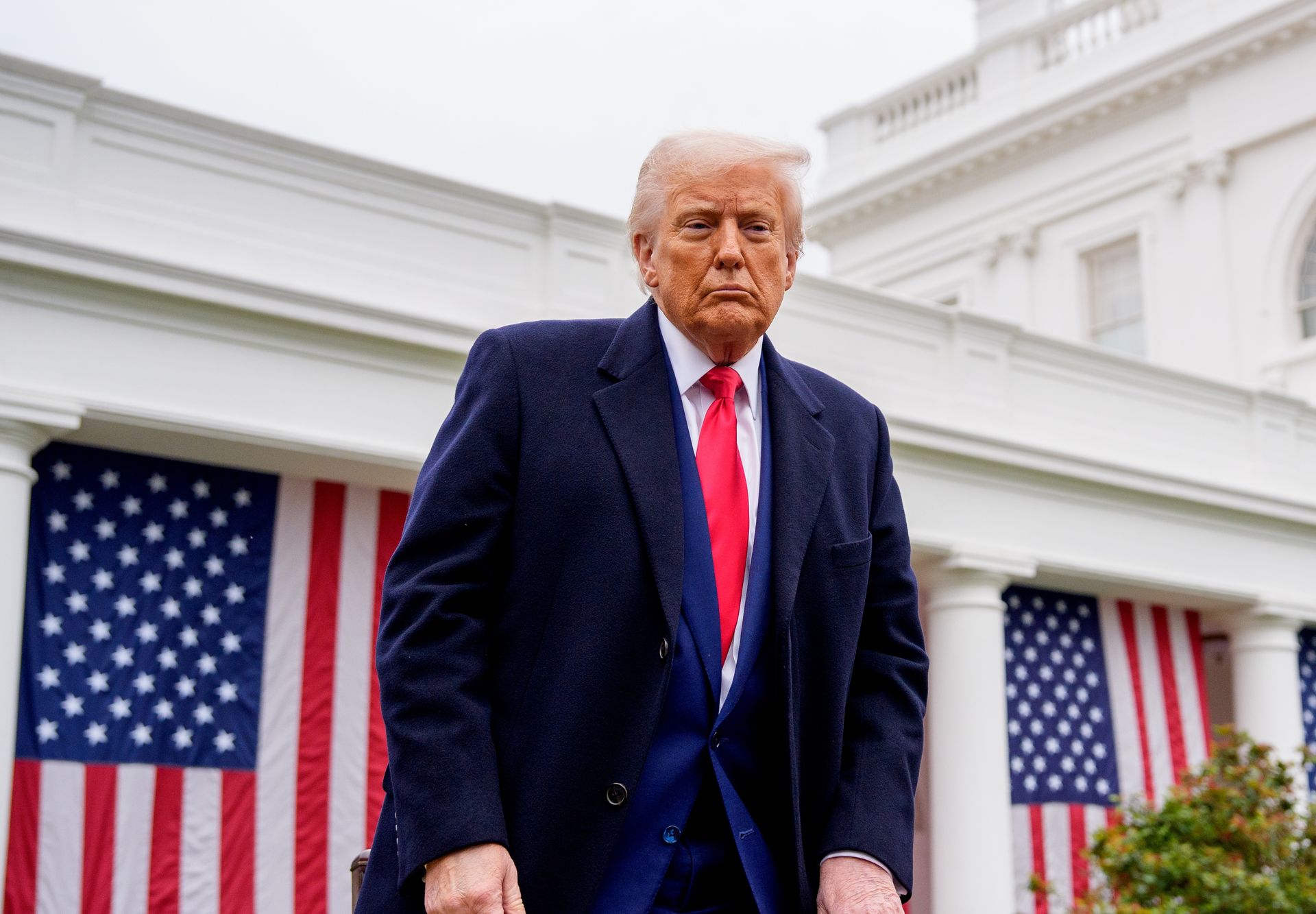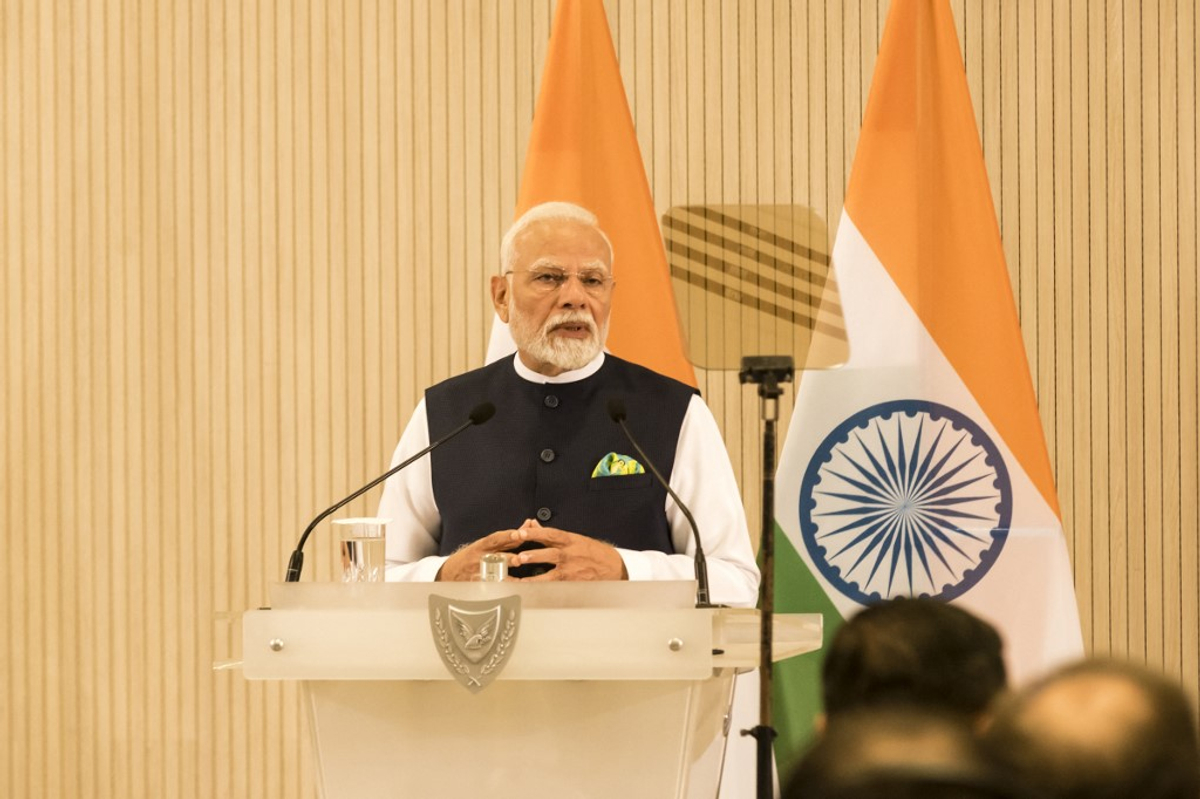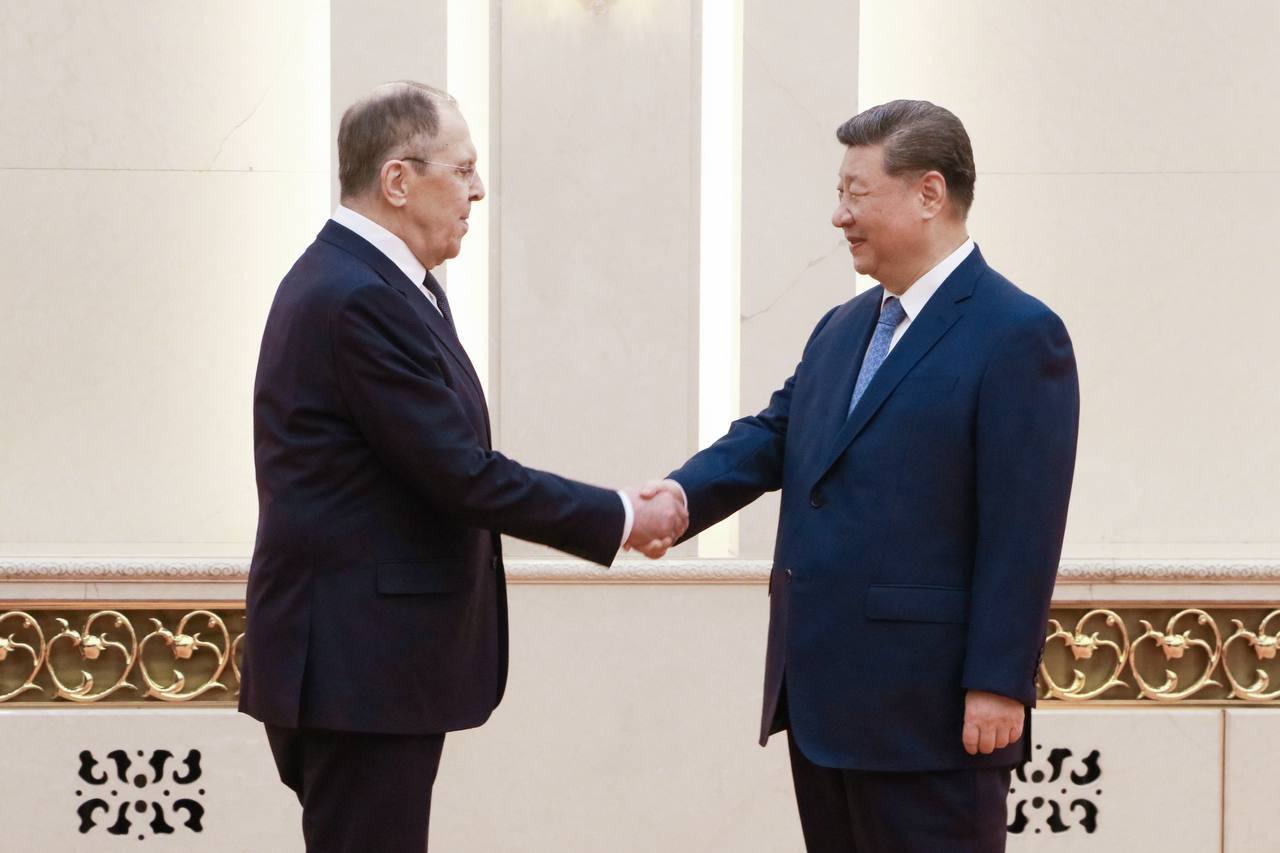T4K3.news
China evades U.S. sanctions through dark fleet oil trade with Iran
A CBS News investigation shows China is secretly buying Iranian oil while bypassing U.S. sanctions.

A CBS News investigation uncovers how China maintains its oil trade with Iran despite U.S. sanctions.
China's secretive oil trade with Iran continues to evade U.S. sanctions
A CBS News investigation has brought to light that China is still secretly purchasing oil from Iran while successfully avoiding U.S. sanctions. Using a so-called "dark fleet," oil is transferred from ship to ship in international waters, primarily around the Riau archipelago. This situation arises as the U.S. continues to impose strict sanctions aimed at halting Iranian oil exports, which could support Iran's nuclear development efforts. Recently, the U.S. Treasury Department announced further sanctions, marking the most comprehensive action since 2018. A CBS crew observed multiple ship-to-ship transfers happening in full view, emphasizing the clandestine nature of this operation. Meanwhile, China's demand for Iranian oil remains robust, with approximately 90% of Iranian exports being sent to this market. Ships involved in these illegal transactions often conceal their identities by disabling their transponders and covering their names, reinforcing suspicions about their operations.
Key Takeaways
"As long as there's a supply, there will be a demand for this discounted oil."
Charlie Brown highlights the unwavering demand for Iranian oil despite sanctions.
"Both ships have a net or something deployed over the stern, covering the name and identification number."
Brown comments on the deceptive strategies employed by the dark fleet tankers.
"China does not recognize the unilateral U.S. sanctions on Iran."
This statement reflects China's position and approach to U.S. sanctions.
"This is 'dark fleet' parking central."
Brown notes the significance of the Riau archipelago in oil transfers.
The ongoing relationship between China and Iran in terms of oil trading poses significant implications for international relations and economic stability in the region. Despite U.S. sanctions, China's willingness to engage in this covert trade not only demonstrates a defiance against American policy but also underlines the challenges of enforcing such sanctions in international waters. As seen in the investigation, the complexity of maritime operations complicates monitoring efforts, raising questions about the effectiveness of current U.S. sanctions. This scenario highlights a potential shift in geopolitical alliances, where economic interests may outweigh political pressures, further straining U.S.-China relations.
Highlights
- Demand for Iranian oil is still strong, despite sanctions.
- Deceptive practices are evident in ship identification.
- As long as there's a supply, there will be demand.
- Trade with Iran is considered legitimate by China.
Risks associated with illicit oil trade
The ongoing trade between China and Iran poses significant risks, particularly as it supports Iranian nuclear ambitions and challenges U.S. sanctions efforts. The rise in ship-to-ship transfers reflects an escalation in covert operations, complicating international oversight.
The situation continues to evolve, with clear implications for U.S.-China relations.
Enjoyed this? Let your friends know!
Related News

Former asylum seeker linked to billion-dollar oil smuggling

Trump imposes tariffs on Indian imports

EU lowers price cap for Russian crude oil

India Considering Oil Alternatives Amid Sanctions Threat
US and China engage in pivotal trade discussions in Stockholm

Stock market rises despite global uncertainties

China pledges deeper support for Russia

Ukraine conflict struggles for global attention
